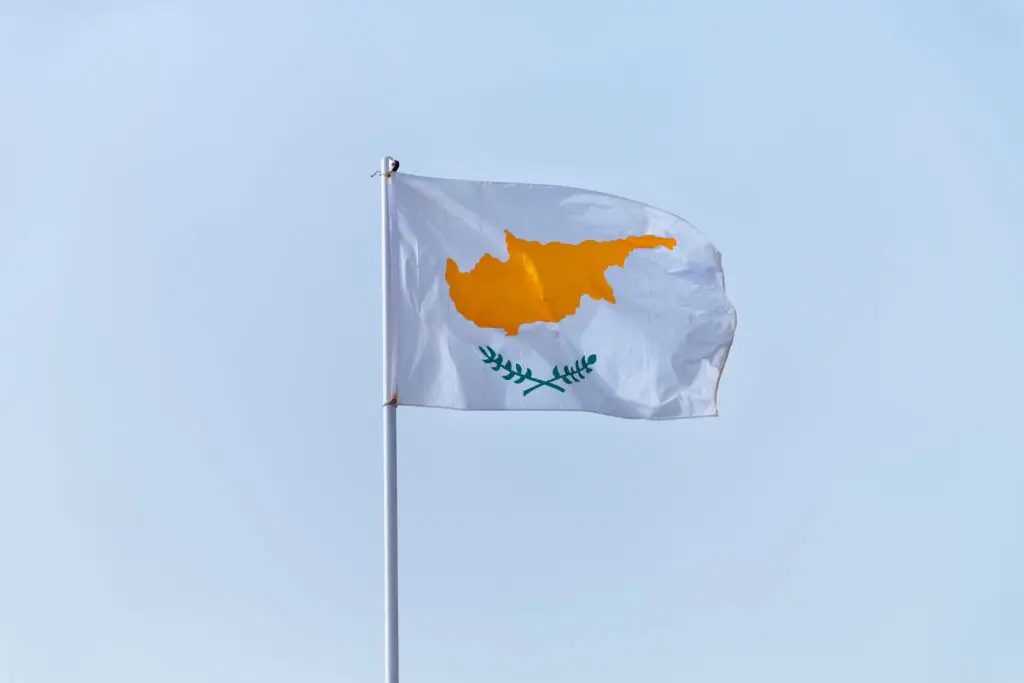Some of the largest multinational companies to be forced to contribute towards government budgets.
Bold updates to international tax rules designed to force some of the world’s biggest multinationals – including Google, Apple, Amazon,Vodafone and GlaxoSmithKline – to contribute their fair share towards government budgets are to be agreed by G20 countries this weekend.
Under draft rules published on Tuesday by tax experts from the Organisation for Economic Cooperation and Development (OECD) many of the world’s largest and best known corporations face being forced to rapidly dismantle their elaborate cross-border corporate structures.
The moves by governments to corral companies back into a joined-up, modernised network of international tax treaties mark the halfway point in a two-year reform project begun by world leaders in Moscow last summer.
If nerves hold among the 44 countries involved – which together represent 90% of the world’s economy – the impact on corporate profits and treasury receipts could be significant in many economies, large and small.
Meanwhile, countries that have courted multinationals with tax-friendly regimes – Bermuda, Ireland and Luxembourg among them – could suffer an investment exodus.
Existing international tax rules, laid down in a network of about 3,000 bilateral tax treaties, have for decades been straining to keep up with innovations in technology and tax avoidance. The OECD has said the G20 reform project is urgently required “to prevent the existing consensus-based international tax framework from unravelling”.
Among the initiatives OECD experts claim will have the most impact are new rules to stop companies exploiting differences between tax regimes to conjure up unwarranted tax deductions.
These so-called hybrid mismatch structures are thought to leak billions from treasury coffers around the world each year and are routinely deployed by the world’s largest international businesses.
The Guardian, 16. September 2014





